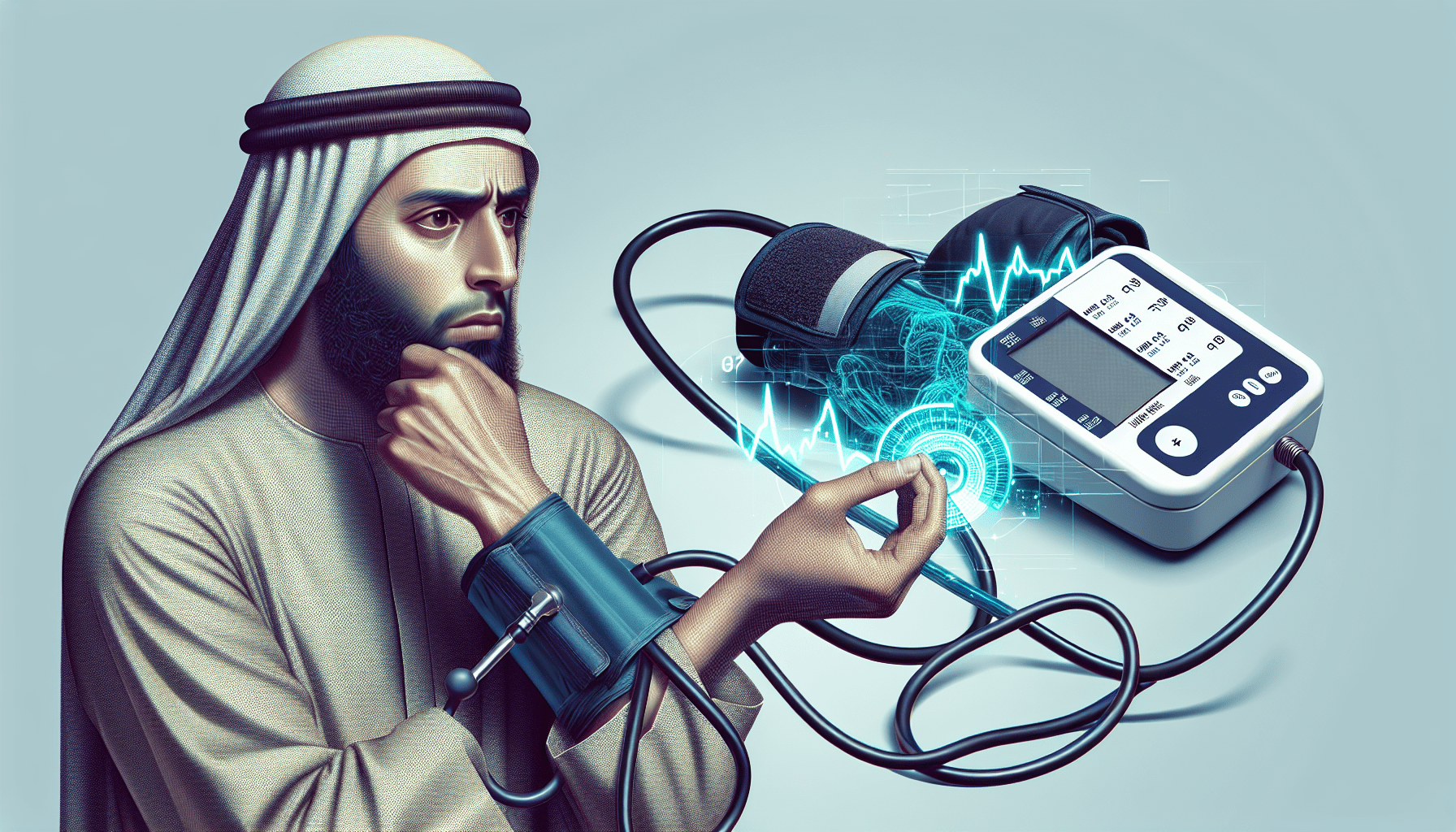Hey there! So if you’re curious about the most common signs of hypertension, we’ve got you covered. In this article, we’ll be diving into the top 10 symptoms that might indicate you’re dealing with hypertension. From headaches and dizziness to chest pain and difficulty breathing, we’ll explore each symptom in detail, helping you better understand what to look out for. So, let’s get started and learn how to recognize these warning signs of high blood pressure!
Headaches
If you experience frequent headaches or if your headaches are more severe than usual, it might be indicative of hypertension, also known as high blood pressure. High blood pressure can cause the blood vessels in your brain to narrow or become strained, leading to headaches. While it’s important to note that headaches can have various causes, such as tension, stress, or migraines, it’s worth considering the possibility of hypertension if you are experiencing frequent or unusually intense headaches.
Shortness of breath
Feeling breathless even with minimal physical exertion could be a warning sign of high blood pressure. When you have hypertension, your heart has to work harder to pump blood throughout your body. This increased pressure can affect the circulation of oxygen, leading to shortness of breath. If you find yourself frequently struggling to catch your breath, even during regular activities that never posed a challenge before, it’s important to consult with a healthcare professional to rule out hypertension as a possible cause.
Chest pain
Chest pain or tightness in your chest may be a symptom of hypertension, especially when experienced during physical activity. When your blood pressure is elevated, it can put a strain on the arteries supplying blood to your heart, resulting in chest pain or discomfort. It’s crucial to differentiate between chest pain caused by hypertension and that caused by other cardiac conditions, such as angina or a heart attack. Therefore, if you experience chest pain, it’s essential to seek immediate medical attention to determine the underlying cause.
Dizziness
Feeling lightheaded or dizzy can be a result of high blood pressure. Hypertension can disrupt the equilibrium of your body and affect the flow of blood to your brain. As a result, you may experience a sensation of spinning or lightheadedness. It’s important not to ignore these symptoms, as untreated hypertension can lead to more severe complications such as strokes or cardiovascular disease. If you frequently experience dizziness, it’s essential to consult with your healthcare provider to assess your blood pressure levels.
Fatigue
Persistent tiredness and lack of energy may be associated with hypertension. High blood pressure can affect your overall energy levels by straining your cardiovascular system, leading to decreased blood flow to important organs, including your muscles. If you find yourself feeling excessively tired or lacking motivation, despite getting adequate rest, it’s worth considering the possibility of hypertension as a potential cause. Addressing and managing your blood pressure levels can help reduce fatigue and improve your overall well-being.
Vision problems
Blurred vision, double vision, or other eye problems can be caused by high blood pressure. The increased pressure within your blood vessels can affect the small blood vessels in your eyes, leading to vision problems. If you notice changes in your vision, such as blurriness or difficulty focusing, it’s crucial to have your blood pressure checked. Prompt intervention and management can help prevent further damage to your eyes and maintain optimal vision.
Nosebleeds
Frequent or unexplained nosebleeds could be a sign of hypertension. When your blood pressure is consistently high, it puts additional strain on your blood vessels. The fragile blood vessels in your nose can become prone to rupture, leading to nosebleeds. While nosebleeds are often benign and can have various causes, including dry air or allergies, it’s important not to dismiss them if they occur frequently or without apparent cause. Consulting with a healthcare professional can help determine if hypertension is an underlying factor.
Irregular heartbeat
An abnormal or irregular heartbeat, known as arrhythmia, may be an indicator of high blood pressure. When your blood pressure is elevated, it can disrupt the normal rhythm of your heart. This can manifest as heart palpitations, skipped beats, or a racing heart. It’s crucial to identify and address any irregularities in your heartbeat, as they can be a sign of underlying cardiovascular issues. If you experience persistent irregularities in your heart rate, seek medical attention promptly to evaluate your blood pressure and cardiac health.
Tinnitus
Ringing in the ears or hearing pulsations, known as tinnitus, can be linked to hypertension. High blood pressure can affect the blood vessels and nerves in your ears, leading to auditory disturbances. If you notice persistent ringing, buzzing, or pulsations in your ears, it may be worth considering the possibility of hypertension as an underlying cause. Proper diagnosis and blood pressure management can help alleviate these symptoms and prevent further auditory complications.
Sleep problems
Sleep apnea or insomnia may be related to uncontrolled hypertension. Hypertension can contribute to the development or worsening of sleep disorders, such as sleep apnea or insomnia. When your blood pressure is elevated, it can disrupt the normal sleep patterns and lead to difficulties in falling asleep or staying asleep throughout the night. If you experience persistent sleep problems, it’s essential to address and manage your blood pressure to promote restful and restorative sleep.
In summary, hypertension, or high blood pressure, can manifest in various ways throughout your body. While these symptoms can have other causes and are not exclusive to hypertension, it’s important to recognize their potential association with elevated blood pressure. Regular blood pressure monitoring, maintaining a healthy lifestyle, and seeking timely medical attention can help identify and manage hypertension, reducing the risk of related complications and promoting your overall well-being. If you experience any of these symptoms frequently or find them concerning, it’s always advisable to consult with a healthcare professional for a thorough evaluation and appropriate guidance.
